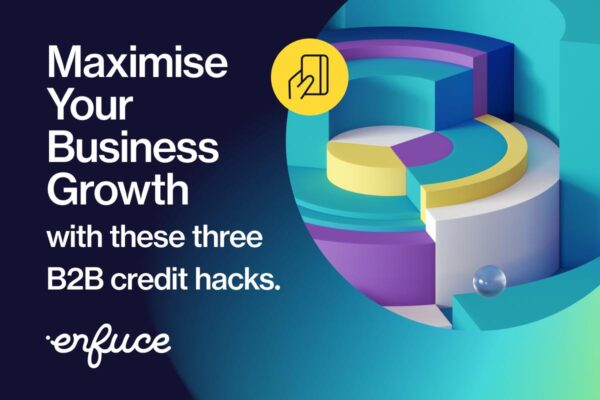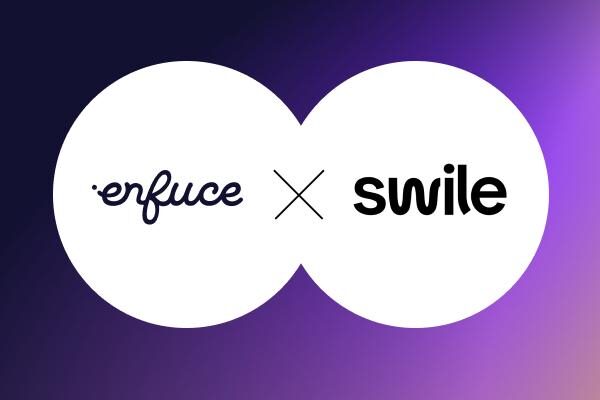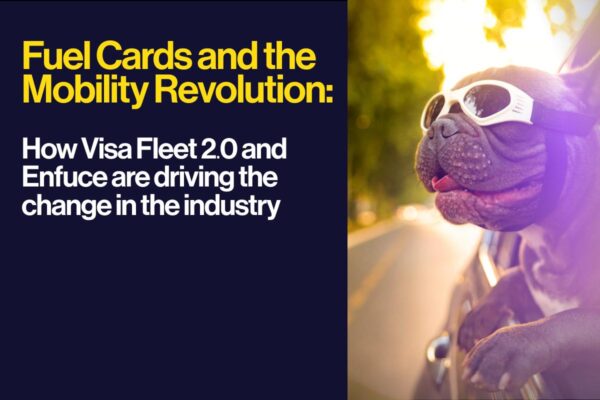Beyond compliance: Exploring the real opportunities of premium APIs

The European Open Banking landscape is evolving, and an increasing number of financial sector players are capitalizing on the new opportunities created by this wave. For instance, the number of licensed Third Party Providers (TPPs) has doubled in the last year in Europe. The UK is on its own level in open banking ecosystem activity with almost 50% of the TPPs in the continent. The numbers in Germany and the Nordics are gradually growing, but the growth is held back by the lack of readiness and stability of PSD2 interfaces and a relatively low amount of established premium API use cases. On a global scale, banks are opening premium APIs in increasing volumes: roughly 90% of global open banking APIs are outside of the PSD2 regulated scope.
While monetization of premium APIs is still to some extent on an aspirational level for banks and TPPs, there are some emerging application areas with proven business value. In this article, we provide our review of where financial sector players are building a business with premium APIs and discuss best practices for fast technical implementation of premium APIs.
Use cases for premium APIs
Wealth management
Through premium APIs, banks can enter partnerships with fintechs to address new user groups and access new revenue streams for their existing wealth management and investment products. Fintechs specialized in e.g. peer investing and other applications targeted at digital-savvy private investors can become value-adding partners to banks. For example, Enfuce has partnered with StockRepublic to provide an open banking -based investment application, enabling banks to engaging private investors with peer-to-peer investment guidance. Also, neobanks looking to expand their offering into wealth management can become an attractive partner or channel for an incumbent bank with establishing co-branded investment products. Premium APIs enable unique offerings providing safe and compliant access to investment accounts’ information and trading initiation.
Partner service offering
Premium APIs can enable retailers to offer services to their small business customers and affiliates, driving increased satisfaction, retention, and wallet share. For instance, large retailers can choose to open APIs that provide enriched spending information for their SME customers. Further, their resellers and distributors can benefit from reporting services and instant access to enriched information such as customer buying behavior. In these use cases, premium APIs are opened for selected partners of the retailer for accessing transaction data, in some cases combined with product information.
Payment and order processes
Linking payments and shipping processes by providing payment tracking data to customer service and shipping departments is one prominent use case for banks to serve their retail customers. Premium APIs can be tailored to meet order process needs beyond the scope of standard payment initiation service (PIS) interfaces, such as through enhanced payment status polling or interfaces to track and trace processes.
Digitalization within banks and financial institutions
It is not uncommon that meeting mandatory regulations, upkeep and maintenance, as well as the migration of legacy systems consume the majority of a bank’s annual development budget. Premium APIs form a way to onboard new partners fast into business portfolios. Bilateral agreements with TPPs ensure that the banks can maintain the exclusivity of the partnership.
Aside from building new applications and revenue streams, established banks may also consider premium APIs as a means to integrate businesses, for instance in combining two systems with different maturity. Premium APIs can also work as adapters in core bank migrations: the user experience layer for a certain service can be connected over APIs into a legacy and a new system at the same time, minimizing the service level interruptions during the gradual migration.
For an incumbent bank’s IT department, a premium API represents a dream and a nightmare at the same time. The bank infrastructure is often layered and relies partially on legacy systems. Web UIs meeting today’s standards need to be integrated to multiple legacy systems. Core banking system migrations often require integrations to tens of IT systems developed in different decades. The cost of mere basic maintenance is calculated in millions on the annual level. Yet, as described above, premium APIs provide a source of additional revenue and functionality differentiation from other market players.
Use cases and services implemented over APIs can support business continuity, while the bank’s IT can drive gradual decoupling of architecture and modernization of the of core banking system. Premium APIs should rely on the same security and implementation standards as APIs required by PSD2. This way banks and financial institutions accrue business value for their investment into their compliance platform. If the compliance platform is designed in a sustainable and future-proof way, premium APIs are only an addition to the APIs serving the data to TPPs. Premium APIs thus can utilize related API functionalities such as consent management, TPP validation and PSU authentication, which are all mandatory as part of the PSD2 directive.
Sustainably implemented premium APIs can enable a bank to monetize on customer intimacy and enable fast launch of new business offerings. While often triggered by needs emerging from business development or partner network, the API strategy of a bank is built on a shared target state of business, IT and compliance departments.
Evolution of open banking to core business
Once PSD2 interfaces gradually become stabilized and first movers grow their premium API-based business, banks across Europe need to increasingly consider their API strategy. It has a role in both tapping into the growing open banking markets, today already worth of billions of euros, as well as concretely driving the digitalization of core banking systems.
Would you like to learn about how open banking APIs can benefit your business? Get in touch and let’s discuss enhancing your existing services or launching a new value-adding offering for your customers built on the opportunities of premium APIs.



